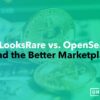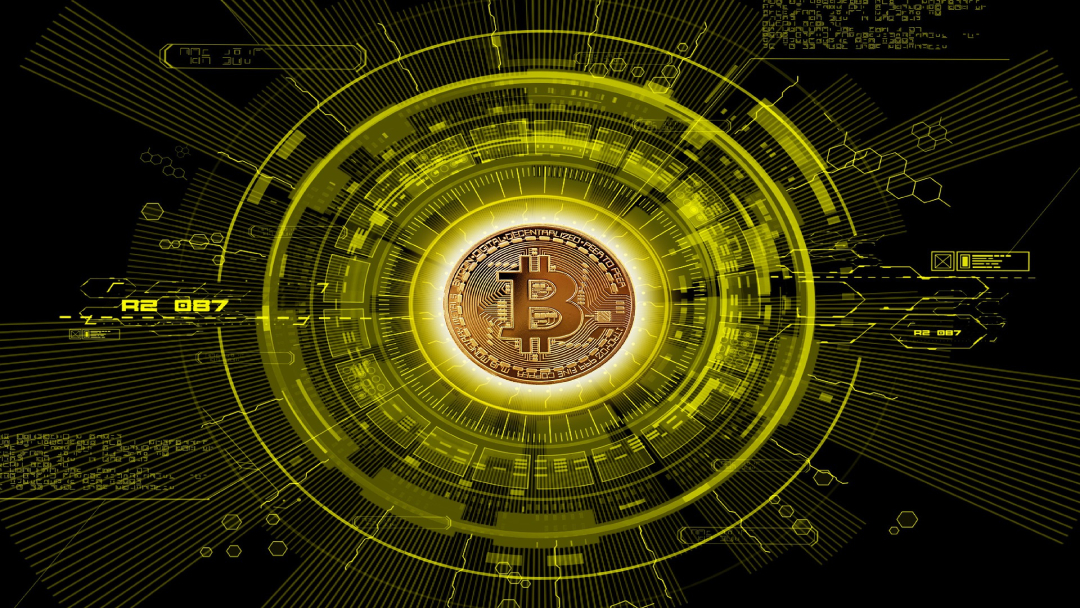Are you a new crypto investor? Have you heard about the kimchi premium and wondered what it was?
We’ll look at the kimchi premium, its history, how savvy crypto investors manipulated it, and how a government tries to shut it down.
Related: Crypto Terms You Need To Know For Investing
What Is the Kimchi Premium?
The kimchi premium is the gap between higher cryptocurrency prices in South Korean crypto exchanges compared to other crypto exchanges worldwide.
Many believe that the price difference is created by the lack of high-return investment options available to investors in South Korea, which increases the demand for sought-after assets like Bitcoin.
While the kimchi premium is frequently associated with Bitcoin, it also factors into the trading of other cryptocurrencies.
History of Kimchi Premium
According to a report by the University of Calgary, the kimchi premium first appeared in 2016. The report’s findings showed that the average kimchi premium from early 2016 to early 2018 was close to 4.8%, and its high approached 55% in January 2018.
The kimchi in kimchi premium refers to the famous Korean pickled cabbage dish of the same name.
One of the reasons cryptocurrencies are so popular in South Korea is due to the national security issues and threats from North Korea.
Regions with geopolitical uncertainty or risk often look to Bitcoin because crypto is decentralized.
Other factors influencing kimchi premiums are South Koreans’ interest in technology and online gambling. These habits may have led to them being more open to adopting digital currencies.
Are you ready for a new kind of crypto banking? Get Unbanked today!
How Does the Kimchi Premium Work
The kimchi premium exists because of the restrictive capital controls that exist in South Korea. The South Korean government has enacted regulations that reduce the amount of capital flowing in and out of the country.
The South Korean government put these restrictions in place to ensure economic stability in Korean markets and to limit foreign influence on its domestic investments.
The capital controls put in place by the Korean government make it difficult for exchanges to move large volumes of cryptocurrencies. It also limits South Koreans’ ability to buy cryptocurrency on foreign exchanges.
These strict regulations and the rapidly growing popularity of cryptocurrencies have helped force the prices to be higher in Korea than in other markets.
Kimchi Premium Arbitrage
Arbitrage is a process where investors try to profit from the price differences on the same item on different exchanges. It is typically associated with currency traders who seek out differences in exchange rates to identify arbitrage opportunities.
In kimchi premium, cryptocurrency traders buy Bitcoin on foreign exchanges and then sell them into the South Korean market for higher profits.
The arbitrage process isn’t so simple for South Koreans. For South Korean traders to buy crypto on an international exchange, they first need to exchange their South Korean currency for another country’s currency. However, the exchange process can take time which adds risk because crypto prices are volatile and fluctuate frequently.
Because South Korea has put so many capital controls in over the years, exchanging money on international markets can also expose South Korean traders to taxes. These taxes are compounded by annual limits on international transactions and other costs that are part of the arbitrage process.
Lastly, in South Korea, Bitcoin is classified as a commodity. Therefore, South Korean traders must pay customs fees when purchasing crypto on international exchanges as a commodity.
These strict regulations and the rapidly growing popularity of cryptocurrencies have helped force the prices to be higher in Korea than in other markets. And open the door for massive manipulation by foreign investors.
Related: Crypto Crash – How To Navigate a Downturn

New South Korean Regulations on Crypto Trading
South Korea has instituted stringent cryptocurrency exchange laws, including government registration and other procedures monitored by the Financial Supervisory Service (FSS).
In 2017, the South Korean government restricted the use of anonymous accounts in trading cryptocurrency. It also prohibited local financial institutions from hosting Bitcoin futures transactions.
The following year, the Financial Services Commission (FSC) tightened its reporting requirements for banks with crypto exchange accounts.
The new laws restricted cryptocurrency to “real-name bank accounts.” As a result, a trader must create a real-name account with the same bank as their cryptocurrency dealer to either withdraw or deposit funds from their e-wallet.
They have also recently enacted new requirements for Virtual Asset Service Providers (VASPs). They must use a risk-based approach that includes doing their due diligence on customers and reporting suspicious activity.
VASPs also have to acquire an Information Security Management System (ISMS) certificate from the Korea Internet and Security Agency (KISA). The ISMS is a security standard that helps to ensure that Korean organizations consistently and securely protect their information assets.
Kimchi Premium FAQs
Does the Kimchi Premium Still Work?
Yes, as late as August 2022, Cryptoquant reported that the kimchi premium was at 3.37%, down from a high of well above 20% in April.
Is Bitcoin Banned in South Korea?
It is still legal to buy, own, and sell Bitcoin in South Korea.
Has Kimchi Premium Been Associated With Money Laundering?
Yes. South Korean banks are being investigated for their part in facilitating $6.5 Billion remitted overseas between January 2021 and June 2022 from crypto exchange accounts exploiting the kimchi premium.
Do you have a question about Unbanked? Let’s get in touch today!

The Kimchi Premium Persists Today
The kimchi principle is a prime example of investors using arbitrage to reap tremendous profits from a restrictive economic system.
Because of the decentralized nature of Bitcoin and the use of capital controls by the South Korean government, the conditions were perfect for investors to manipulate the system.
They then bought cryptocurrencies in a foreign market and sold them at a profit on Korean exchanges.
The Korean government has established new rules and regulations for cryptocurrency traders and markets to reduce the kimchi premium and stem the illegal flow of money from their economy.
Only time will tell if South Korea’s new regulations will lessen or even eliminate the kimchi principle.





